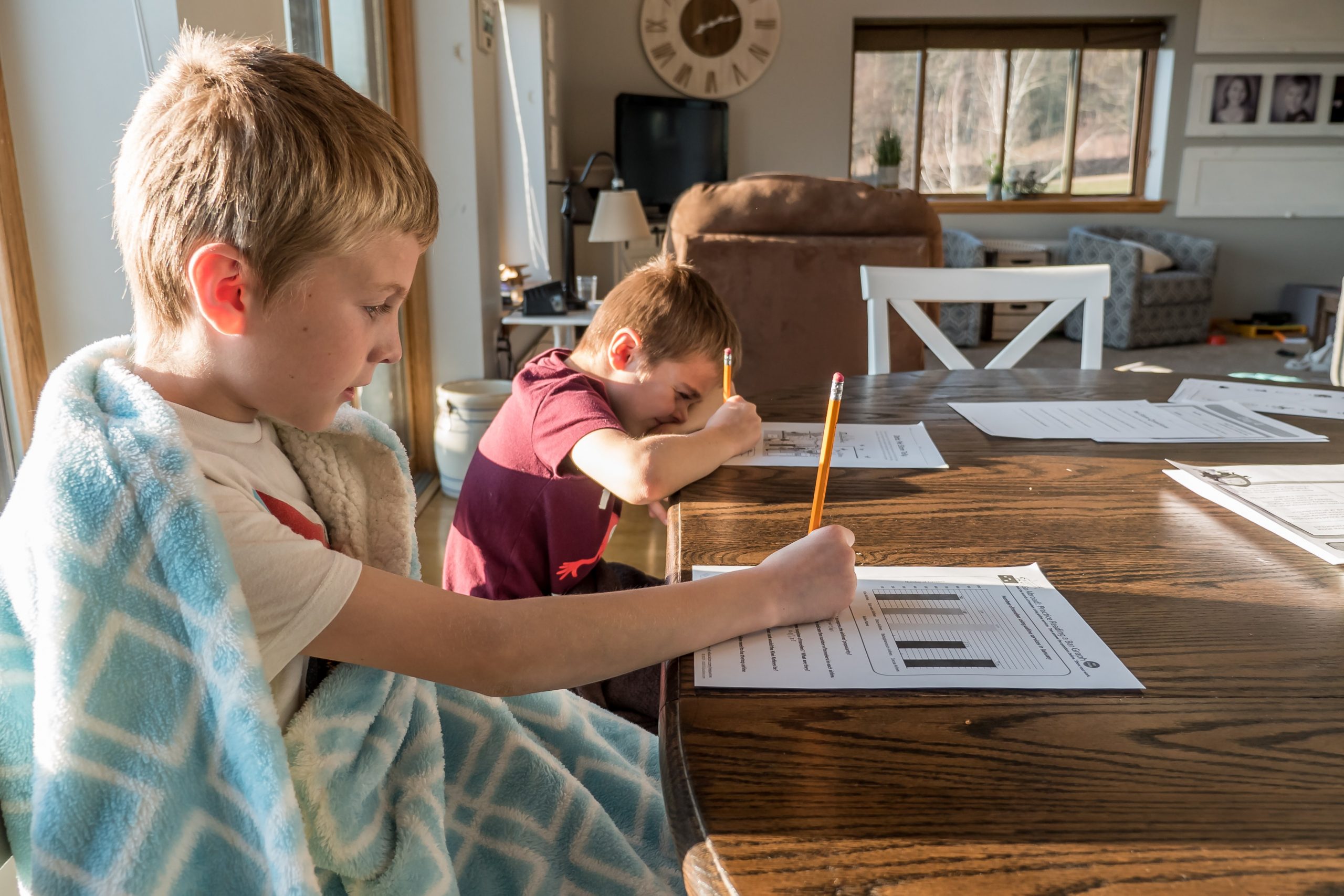I’m writing this blog 6 months into the COVID-19 pandemic, however, I think this topic is helpful during any time of change, transition, and stress. When things become unpredictable in our lives, adults and children alike experience a desire to have more control and autonomy. For children, their brains are still rapidly developing, and they lack the years of experience that adults have to weather times of change. Children and teens are being dramatically impacted during this global pandemic, and at Austin Family Counseling (and in our own homes) we are noticing increased worry, anxiety, withdrawal, acting out behavior, and more clues that children need extra support.
One strategy parents and caregivers can teach is the practice of creating routines. Side note: I’m a BIG FAN of routines, and have actually made a routine out of Back to School Routines (see my blog from 2014 when my kids were 4 and 2 – now they are 10 and 8! https://austinfamilycounseling.com/back-school-morning-hustle/)
When students go into a new classroom, there are daily tasks, activities, and rules they engage in under their teacher’s guidance. With practice, these become their new routines at school. Kids as young as age 3 can tell you their school routine – this is when we have outside time, eat lunch, etc. With preparation and practice, parents can help children develop routines for daily living at home.
Regardless of whether you are homeschooling, attending school virtually, going back in person, or a hybrid model, with the start of our first pandemic school year here in Texas (and all over the world), consider the following reasons that routines might be just what your child needs.
Routines provide comfort and structure.
While plans for school, the health of our families, parent job stress, and so many other things around us are spinning, a plan for the day that guides children – “First, I do this. Now, I do this” – allows children to relax and focus on the tasks at hand. This is a place where they have some control. Inviting them to co-create their routine with you is so important – use the blank chart below or create one of your own to plan together. Give choices like “would you like to get dressed before you come down for breakfast or after?” or “What are the 3 things you want to do before you come downstairs in the morning?” or “Would you like to schedule your outside time in the morning or in the afternoon?”
Routines become the “boss” instead of the parents and caregivers.
When you co-create your routine together, you are making an agreement with your child that this will be how the day goes (consequently, if you dictate their routine or lack of routine, you are making an agreement with your child that you will be on standby to entertain them or keep them busy). Be sure to build in things they look forward to. At my house, we have agreed that screen time is from 3pm to 5pm each day. Because this hasn’t changed it has become predictable, and we can check the clock together so see “how much longer” until they can get on, or my kids can see what they need to get done before being allowed to have their devices. Because we’ve agreed in advance, I can say “what’s next in your routine?” or “What did we agree we would do from 11-12 today?” pointing to the routine as the “boss” rather than me.
Routines that are developed by the child give them a sense of autonomy and promote confidence and responsibility.
If you start using routines today with your children, how proficient and confident do you think they will be after practicing for 2 years? Or 6 years? Or 8 years? My oldest will likely be moving away to college or to a work study in 8 years – I can’t wait to see how his sense of autonomy and responsibility will have grown!
Here are some resources for ROUTINES:
Check out this article from the CDC with tips and info about the routines: https://www.cdc.gov/parents/essentials/structure/index.html
Positive Discipline Resources & Video about routines:
https://www.positivediscipline.com/articles/routines-tool-card
“The challenge of parenting lies in finding the balance between nurturing, protecting, and guiding, on one hand, and allowing your child to explore, experiment, and become an independent, unique person, on the other.”
— Jane Nelsen (Positive Discipline for Preschoolers: For Their Early Years)












